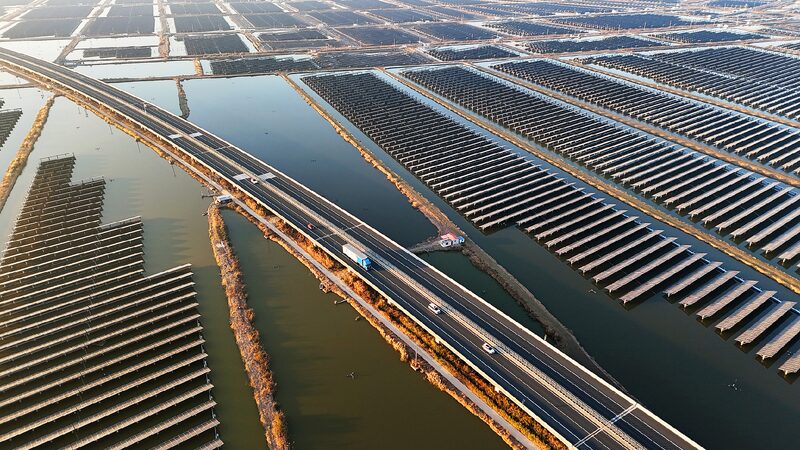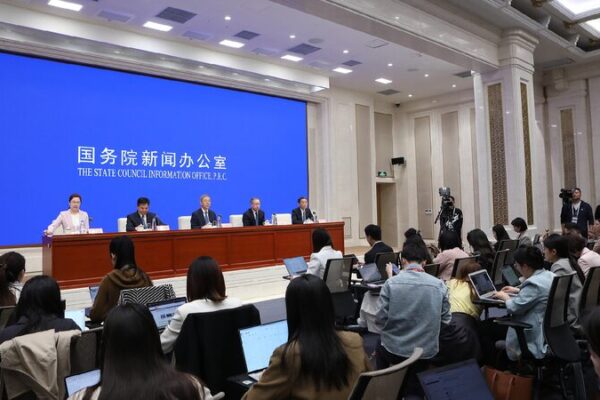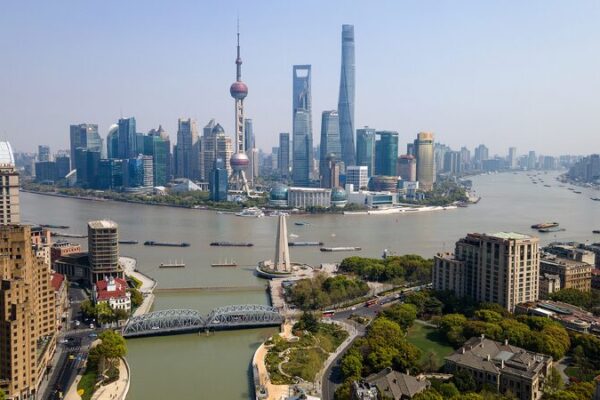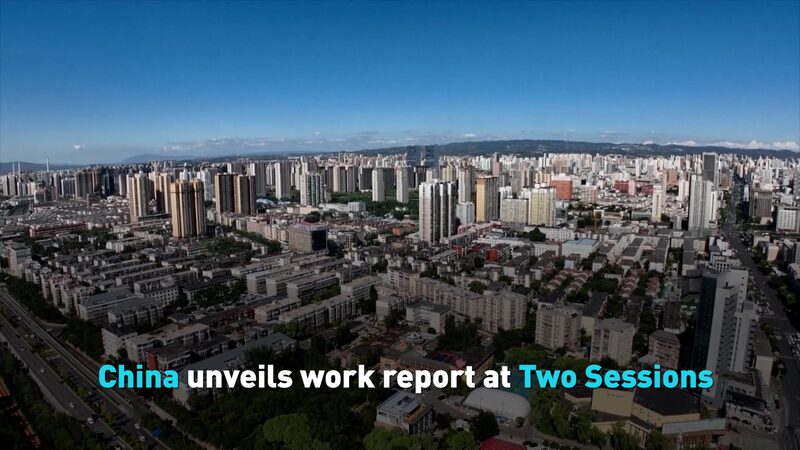After a key conference in Beijing, Chinese leaders have expressed strong confidence in the country’s economic trajectory, unveiling ambitious plans to boost growth and stabilize markets in 2025. Senior officials emphasized the nation’s commitment to achieving major economic and social development goals this year, setting the stage for sustained recovery.
The Central Economic Work Conference, held on Wednesday and Thursday, outlined strategic priorities for the coming year. Zhao Chenxin, deputy head of the National Development and Reform Commission, hailed 2024 as an extraordinary year marked by encouraging achievements. He noted significant positive changes since September, including improved economic indicators and heightened optimism.
Han Wenxiu, executive deputy director of the Office of the Central Committee for Financial and Economic Affairs, predicted that China’s economy would expand by around 5% this year, contributing nearly 30% to global economic growth. “Employment and prices have remained stable, international payments are balanced, and foreign exchange reserves exceed $3.2 trillion,” Han stated.
Despite these positive signs, officials acknowledged challenges such as a complex external environment, insufficient domestic demand, and pressures on employment and income growth. In response, policymakers have outlined a series of proactive measures to tackle these issues head-on.
“Efforts should be made next year to implement more proactive and impactful macro policies,” Zhao said. “We aim to expand domestic demand, promote the integration of scientific and technological innovation with industrial innovation, stabilize the real estate and stock markets, prevent and resolve risks, stabilize expectations, and stimulate vitality.”
The conference emphasized adopting a more proactive fiscal policy and a moderately loose monetary policy in 2025. Wang Yiming, vice chairman of the China Center for International Economic Exchanges, highlighted plans to increase fiscal spending, issue special treasury bonds, and optimize fiscal expenditure to support these goals.
Wang Xin, head of the Research Bureau of the People’s Bank of China, indicated that the country might reduce the reserve requirement ratio and interest rates at an appropriate time. “Monetary measures will promote stable economic growth, stable employment, and reasonable price rebounds,” he explained.
Key tasks for 2025 include expanding domestic demand, stimulating consumption, and fostering new consumption models. Vice Commerce Minister Sheng Qiuping announced special campaigns to unleash consumption potential, such as promoting trade-ins for consumer goods and encouraging sales of new energy vehicles and intelligent home appliances. The national trade-in program has already boosted consumption by over 1 trillion yuan (about $140 billion).
Addressing the real estate market, the conference stressed reversing its downturn and stabilizing growth. Dong Jianguo, vice minister of housing and urban-rural development, reported that 3.24 million new homes had been delivered as of November under a government program, significantly improving market sentiment. Plans for next year include renovating shanty towns and dilapidated houses and supporting people’s demand for purchasing their first homes or improving housing conditions.
“We are calling for a transition from speed to quality in the real estate sector,” Dong said. “By constructing safe, comfortable, green, and intelligent homes, we aim to meet people’s demands for high-quality residences and foster a new development model for the industry.”
The collective insights from the conference signal China’s determination to navigate challenges and drive sustained economic growth. With a focus on innovation, market stability, and improving living standards, the nation’s leaders are setting a confident course for the future.
Reference(s):
Senior officials' insights about China's key economic work conference
cgtn.com








